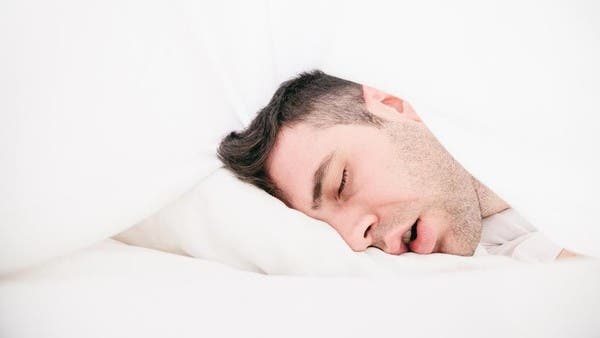In order to enhance general human health, regulate mood, and experience vigour and vitality, scientists are still working to unravel the mysteries of sleep, explain its stages, and determine how to get the highest quality. Although sleep may be “the single major job-seeking behaviour,” as one researcher put it, it is unquestionably crucial to human health and wellbeing, according to Stanford University sleep researcher William Dement.
And in a paper on the best sleeping positions that Science Alert released, it was determined that although some types of side sleeping can somewhat strain the spine, sleeping on one side—specifically, the right side—remains the best option.
According to the study, picking the appropriate pillow is essential for getting a good night’s sleep because inadequate head and neck support while you sleep has been shown to seriously alter your spine’s alignment and result in muscle issues including neck discomfort, shoulder pain, and stiffness.
The experts added that the shape and height of the pillow, rather than the substance from which it is constructed, are what really effect the spine.
The roll-up pillow can lessen morning pains and pain before sleep for people with chronic pain, while the U-shaped pillow can aid in getting a longer night’s sleep.
Since everyone sleeps differently, scientific research has not firmly established what the optimum mattress is. Therefore, it is challenging to establish the ideal shape and type over the long term.
However, it can tell whether the mattress is damaged and has to be replaced if there are any of the following: drooping, loss of firmness, noisy springs, or obvious evidence of deterioration in the mattress’s key places.
It is recommended by experts that rotating the mattress at least twice a year might extend its life and enhance comfort.
Studies highlight the need of maintaining a low room temperature because higher temperatures have been shown to impair sleep quality. The ideal room temperature for sleeping is 18.3°C.
When it’s not as hot and humid, experts advise letting some cool, fresh air into the room. The room’s natural air movement enables for the removal of any built-up heat, resulting in a peaceful and comfortable night’s sleep.
Because having to get up in the middle of the night to urinate might make it difficult to fall back asleep or shorten the time spent in various stages of sleep, emptying the bladder before bed is one of the most crucial procedures to be sure of.
Experts advise cutting back on caffeine use early to prevent insomnia or a poor quality of sleep.
Easy ways to get a good night’s sleep

